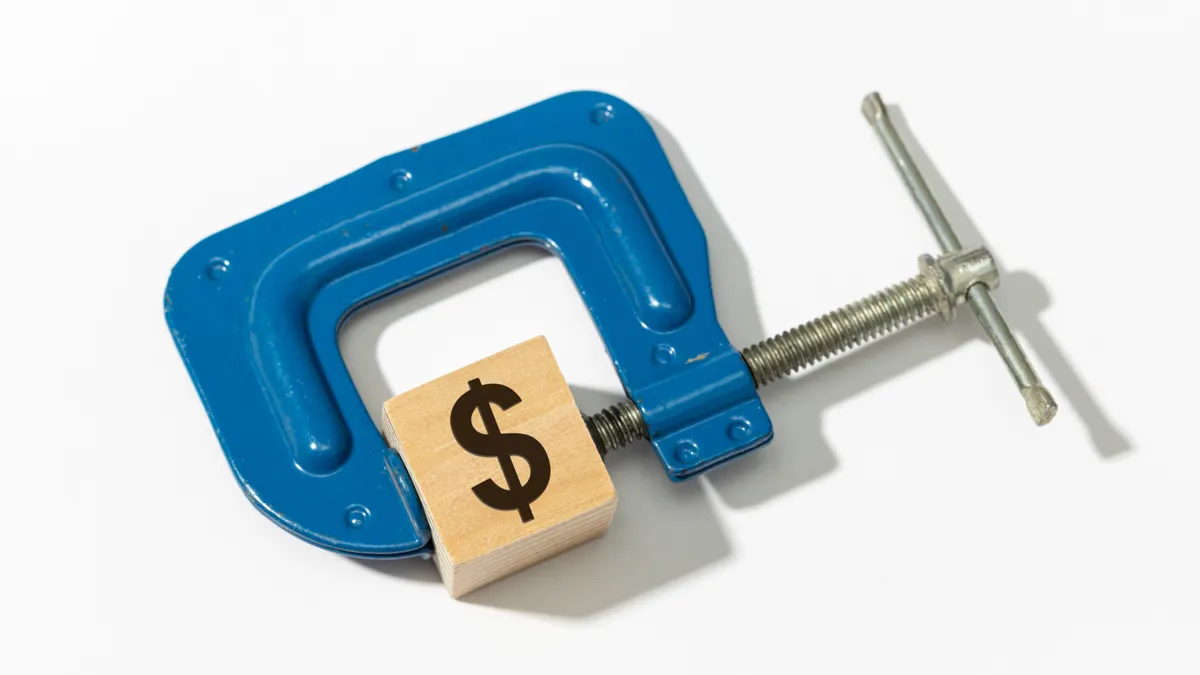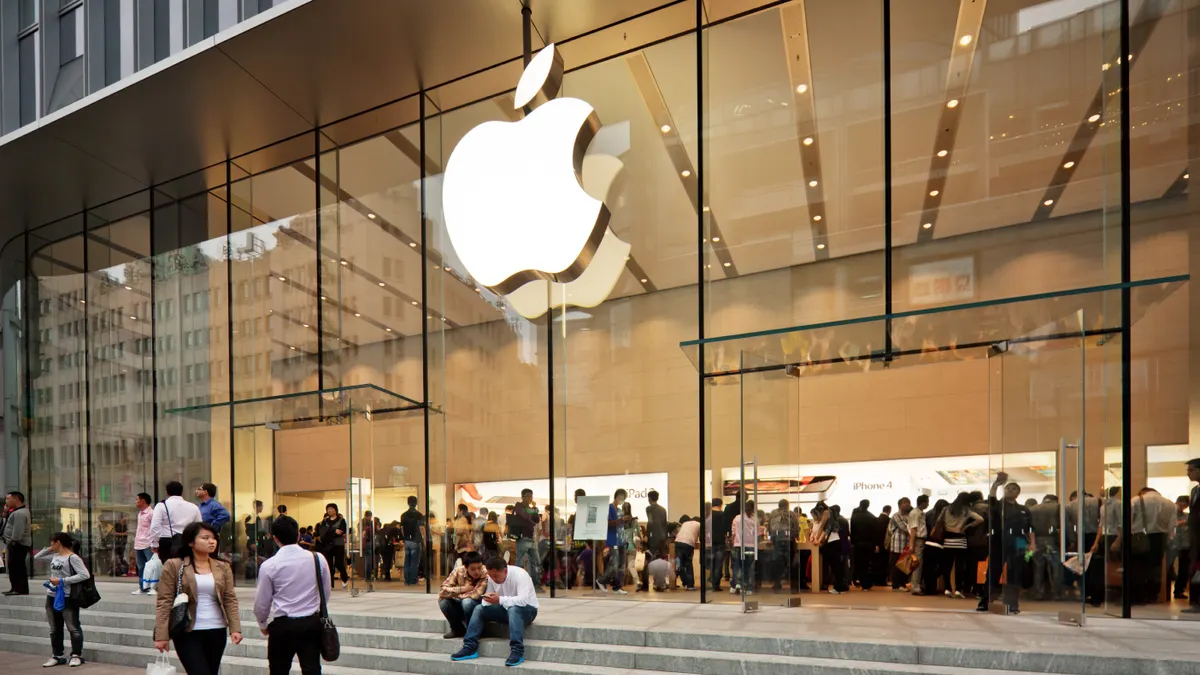For a small start-up company, one measure of success will come on that future day when the numbers in your books start representing thousands of dollars, rather than raw totals. Later on, with luck, you’ll cross over into the black. And just maybe, one day someone will plunk down a load of cash to buy you out.
Russ Lemelin went through all those stages as the CFO and later interim CEO of SideStep.com, a travel metasearch engine that he joined in its infancy in 2000 — right before the Internet bubble popped. Then came the terrorist attacks, and people stopped traveling for a while. But ultimately, booking travel online gathered into a force that nothing could stop. SideStep grew to serve more than 5 million unique users per month. Last December a competitor, Kayak.com, paid $200 million in cash for the company.
Lemelin has been experiencing something of a deja vu since October, when he became the first CFO of TravelMuse.com, a leisure travel planning and booking site that went live in September 2007. But now, in addition to the travel market being once again under a huge assault, Lemelin must cope with the reality that in today’s economic climate raising further funding will be a challenge, to say the least.
The good news is that TravelMuse already had locked in $4 million in venture-capital financing and a $1 million bank loan before the credit markets shut off the spigot. That should last until the first half of 2009, when the company will try to line up more equity funding to see it through to the point of profitability, hopefully within two years. Whether the credit and travel markets will cooperate is the big question, but to Lemelin the only answer for now is to focus on the things he can control.
How concerned are you about consumer spending in this economy, especially spending on a luxury item like travel?
I’ve been thinking a lot about that, obviously. The thing about travel is that it’s such a huge market. Last year about $90 billion was booked online. It’s probably the best category for a start-up in terms of online advertising.
When you’re a a start-up, you can be impacted by macroeconomic things, and I do think the overall travel market is going to get hit. But if you do a pie chart and look at your share and you’re just a tiny sliver, you’re more impacted by things you can control than by the market. As a start-up, you don’t really go after market share.
What can you control?
Having the best product we can possibly have. Picking the right ideas and improvements. It’s nothing to fear — it’s just execution. Execution is the No. 1 risk, before the market or anything else.
What can you control from a finance standpoint?
In this difficult climate it’s important to have a respect for capital. Everyone remembers hearing stories about Internet companies back in the bubble buying the crazy-expensive Super Bowl ads and having the nicest offices and all kinds of perks. Respect for capital means you shouldn’t be totally comfortable when you write that check.
It’s not just “don’t spend,” it’s “spend wisely.” When you take money from investors and you’re building something, you can’t cut too many corners. But some start-ups overexpand and use so much space that their fixed costs are too high to do any belt-tightening. For our part, we didn’t overhire, so we don’t have fat to cut. If you’re a VC investor, you can’t tell every company in your portfolio to cut expenses 10 percent. You tell some to cut 30 percent, and some to cut nothing.
What’s the outlook for getting more VC funding?
We’ll probably do about an $8 million round early next year. Not to mislead you — it’ll be a very tough environment. We have great support from our existing investors, and they have a long-term vision. Raising money from other investors has definitely gotten more difficult.
What if you had to borrow another $1 million from a bank?
It would probably be impossible right now. We were fortunate that we raised our [existing $1 million] debt last year. We didn’t really need it for operations, we just did it for cushion, and in hindsight it was great that we did.
Does all of this worry you?
Yes and no. I keep looking back at SideStep. Before 9/11 there was certainly a lot of competition, and when we weathered that storm we were better for it. I think the same thing is going to happen in this environment — those that survive will be stronger and have less competition.
There’s a cyclicality in Silicon Valley, where you’ll see companies get funded that have no business getting funded, and now we’re probably in a period when even companies with good ideas won’t get funded.
But there are some big players already in your space.
People think that would be daunting, but it’s what makes opportunities interesting. We joke sometimes to VCs that they want a billion-dollar opportunity with no competitors, and that doesn’t exist. Today when people book travel online they might go to Expedia or directly to JetBlue, and if they’re doing research they might go to TripAdvisor or Travel & Leisure‘s website. What hasn’t existed that is very useful for consumers is a place to organize all of your travel plans. That’s the technology we’re building.
For us, one of the benefits of the advertising revenue model is that when someone is researching, say, a dream trip to Tahiti, maybe they’re not going to do it for two years, but they could start planning it today, and so we’re making money on that because we’re advertising supported. Booking fees will be a fraction of our revenue.
What are the most important qualities for the CFO of a start-up company?
You’re very involved in the planning and the deals. It’s fishing where the fish are, not just reporting on what’s happening. You’re a business partner. When I was looking at my next set of opportunities, there was green tech and hardware, but I couldn’t bring as much to them as a business partner because I didn’t have any domain expertise there. If you’re a CFO at a big company and you think start-ups look attractive, if you have expertise in the start-up’s domain, that’s a good opportunity.















